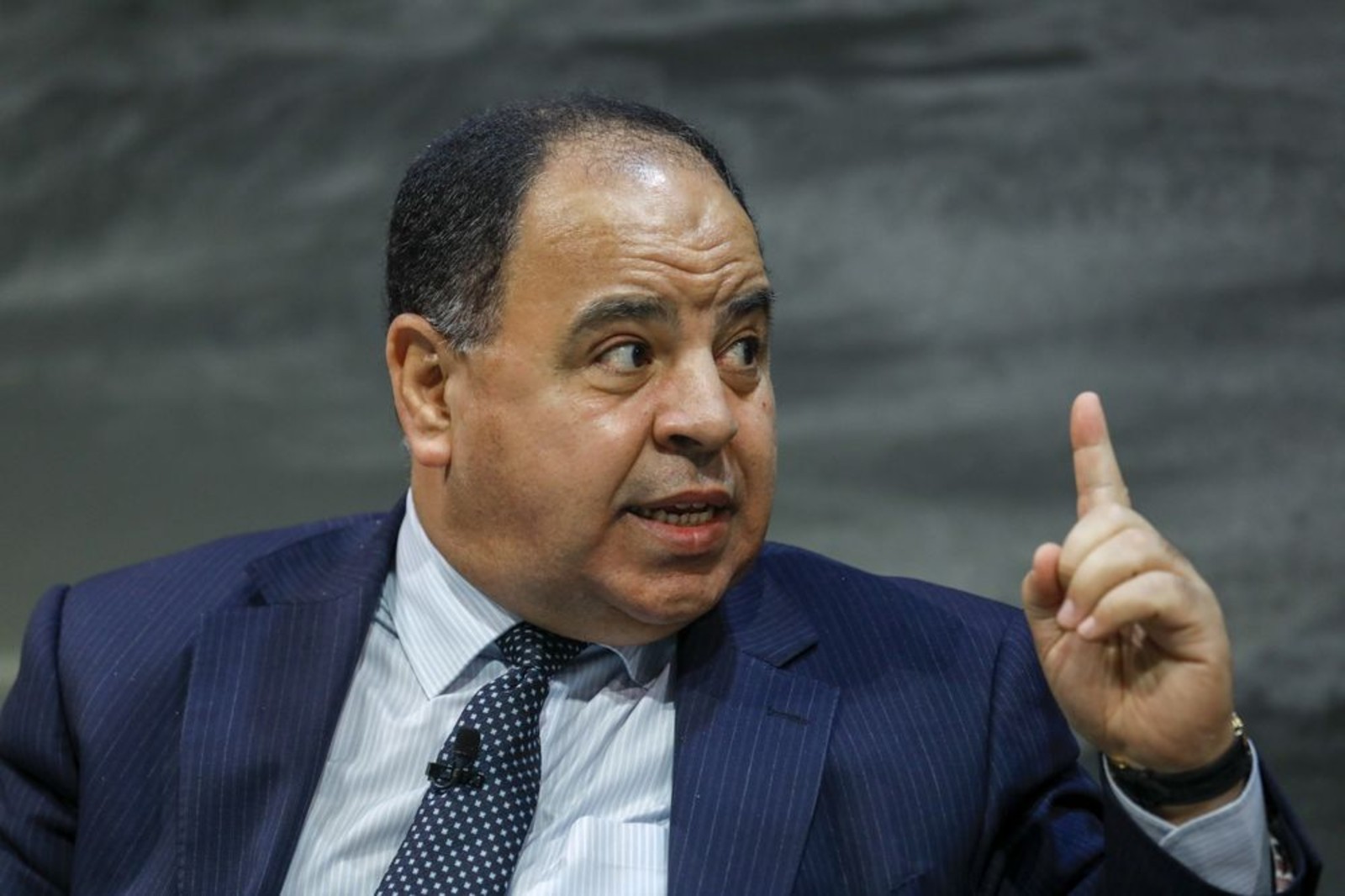Government spending on health, education, wages and welfare is set to increase in FY2020-2021

Government spending on health, education, wages and welfare is set to increase in the coming fiscal year, according to highlights of the draft 2020-2021 budget released yesterday by the Finance Ministry. Our math suggests government spending will increase 9% during the year in what Finance Minister Mohamed Maait called Egypt’s biggest budget yet. Education and health allocations and government investment will rise substantially and the government says it is giving an EGP 4 bn tax cut low-income taxpayers when it raises the base personal tax exemption to EGP 15k from EGP 8k currently.
Revenues are expected to increase to around EGP 1.3 tn, up almost EGP 200 bn from FY 2019-2020.
The budget deficit is expected to shrink to 6.3% of GDP compared to the 7.2% target in the current budget.
State spending: The government will spend EGP 1.71 tn during the upcoming fiscal year, a 9% increase from the EGP 1.57 tn allocated for the current fiscal year. Among the highlights:
- The public wage bill will rise by 11.3% to EGP 335 bn from EGP 301 bn in the current fiscal year.
- Health spending will rise by a third to EGP 95.7 bn.
- Spending on education will increase by 70% to EGP 132 bn.
- Government investment will hit EGP 280.7 bn, a 64% increase from the current fiscal year.
- Spending on export subsidies will ramp up to EGP 7 bn from EGP 6 bn this year..
- Pensions will be allocated EGP 170 bn and EGP 19 bn will go to social security, takaful and karama pensions.
- Spending on goods and services will come in at EGP 100.2 bn.
- Support for low-income housing will rise 70% to EGP 5.7 bn.
Oil prices: The government sees oil prices averaging USD 61 / bbl through FY2020-2021, down from the USD 68 price used in the previous budget’s calculations. Prices are currently far below this, with both US and Brent crude trading at just over USD 20 / bbl. Maait said the comparatively high price set out in the budget is a hedge against a rebound in oil prices. “I have to protect the budget. What if the price of a barrel of oil increased? How will you finance it? What will you do?” he said.
CORRECTED on 31 March 2020
A previous version of this story incorrectly said the government had set the average oil price in FY2019-2020 at USD 70 / bbl.